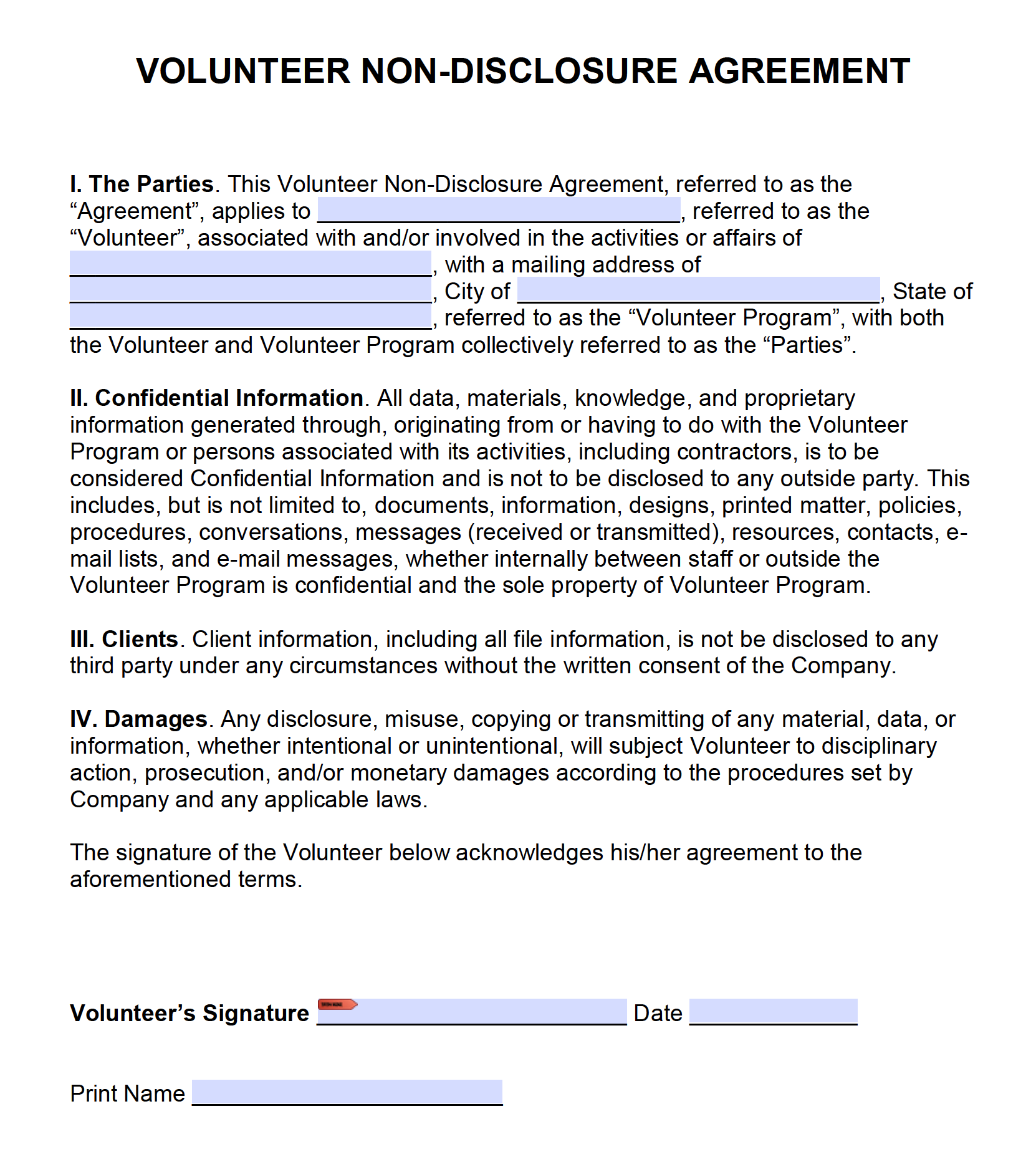Corporate Voluntary Agreement (CVA): Definition and Business Applications.
Corporate Voluntary Agreement (CVA): Definition and Business Applications.
Blog Article
In-Depth Evaluation: The Process and Value of Corporate Volunteer Contracts
Corporate voluntary agreements play an essential duty in shaping the landscape of corporate duty and sustainability methods. The significance and complex advantages of corporate voluntary agreements are noticeable, yet the subtleties of their execution and the difficulties dealt with in their fostering warrant more detailed assessment.

Understanding Corporate Volunteer Arrangements
When delving into the world of business volunteer arrangements, it is essential to comprehend the essential concepts leading these strategic setups. Business volunteer arrangements are official commitments made by companies to accomplish certain social, ecological, or ethical purposes beyond lawful demands. These contracts are willingly participated in by firms to demonstrate their devotion to accountable business practices and sustainability.
One trick aspect to recognize concerning company volunteer contracts is that they are proactive steps taken by companies to address social worries and enhance their general impact. By willingly dedicating to particular requirements or initiatives, services showcase their dedication to company social obligation and stakeholder involvement.
Furthermore, corporate volunteer contracts typically entail partnership with numerous stakeholders, including federal government bodies, non-governmental organizations, and areas. This multi-stakeholder method ensures that the agreements are thorough, transparent, and lined up with the passions of all involved events.
Fundamentally, understanding business volunteer contracts needs a deep gratitude of their voluntary nature, the purposes they aim to accomplish, and the collective initiatives they entail to drive favorable modification in the corporate landscape.
Negotiation Refine and Methods
Effective settlement procedures and strategies play a crucial role in the successful application of business volunteer agreements. The negotiation process includes numerous celebrations integrating to reach an equally beneficial agreement that meets the passions of all stakeholders entailed. To begin, it is vital to develop clear goals and priorities for the settlement. Comprehending the requirements and concerns of all events allows for the creation of value-creating solutions that deal with the underlying issues efficiently.
Techniques such as energetic listening, open interaction, and analytic alignment are important in fostering a collaborative negotiation environment. Energetic paying attention ensures that all celebrations feel heard and comprehended, resulting in enhanced trust fund and cooperation. Open communication helps in making clear misunderstandings and structure consensus on important concerns. A problem-solving positioning encourages creativity and a concentrate on finding options instead than residence on previous grievances.
Furthermore, maintaining a expert and respectful attitude throughout the arrangement procedure is essential to building solid partnerships and attaining effective end results. By utilizing efficient settlement procedures and approaches, corporations can navigate complex agreements much more efficiently and make certain the lasting application of voluntary dedications.
Application and Conformity Procedures
Having efficiently established a solid structure through efficient arrangement processes and approaches, the following vital stage entails the careful planning and execution of application and conformity steps in business voluntary contracts. Application procedures include the actual deployment of the agreed-upon terms and activities described in the volunteer agreement. This phase needs careful control amongst all included events to guarantee that the agreed-upon initiatives are placed right into practice effectively and successfully.
Compliance procedures play a vital role in making sure that all events entailed follow the terms and problems defined in the volunteer arrangement. Surveillance devices, routine assessments, and transparent coverage systems are generally utilized to track progression and make certain accountability. Non-compliance can result in reputational damages, lawful ramifications, and a failure of trust fund among stakeholders, underscoring the importance of robust compliance steps.
To boost the effectiveness of execution and conformity check my site steps, clear interaction, routine monitoring, and speedy corrective actions are vital. By prioritizing these aspects, organizations can promote the honesty of their voluntary agreements and attain the preferred end results while promoting trust fund and liability within the company ecosystem.
Tracking and Examination Methods

Assessment, on the other hand, entails the systematic assessment of the results and impacts of the volunteer agreements - what is a cva in business. By examining the performance of the carried out actions, firms can establish whether the wanted goals are being accomplished and identify locations for improvement. Examination techniques might consist of surveys, meetings, data why not find out more evaluation, and other approaches to gather pertinent info for analyzing efficiency

Influence and Advantages of Contracts
In recognizing the efficacy of business volunteer arrangements, it is necessary to evaluate the substantial impact and benefits that these agreements bring to both stakeholders and firms. Corporate voluntary arrangements often lead to improved operational efficiencies within firms.
Additionally, company voluntary agreements can foster better partnerships between stakeholders and business. By proactively involving with stakeholders to set common objectives and requirements, companies can construct partnership, openness, and trust fund. This can result in stronger collaborations, increased stakeholder commitment, and inevitably, long-term service success. Furthermore, these arrangements usually drive development and competition within industries, as firms make every effort to fulfill and go beyond voluntary commitments, leading to favorable outcomes for both the service and the wider culture.
Conclusion
In verdict, company voluntary contracts play a critical role in promoting sustainability and corporate social responsibility. Overall, corporate volunteer arrangements are an important device for driving favorable modification and advertising lasting organization practices.
Business voluntary agreements play a crucial duty in shaping the landscape of company duty and sustainability techniques.Efficient negotiation processes and techniques play an important role in the successful application of business volunteer contracts.Having effectively developed a strong structure through effective arrangement procedures and approaches, the next essential stage involves the meticulous planning and implementation of implementation and compliance procedures in company voluntary agreements (what is a cva agreement?).In recognizing the efficacy of corporate voluntary agreements, it is important to assess my blog the concrete effect and benefits that these contracts bring to both companies and stakeholders.In verdict, company volunteer agreements play an essential function in advertising sustainability and corporate social duty
Report this page